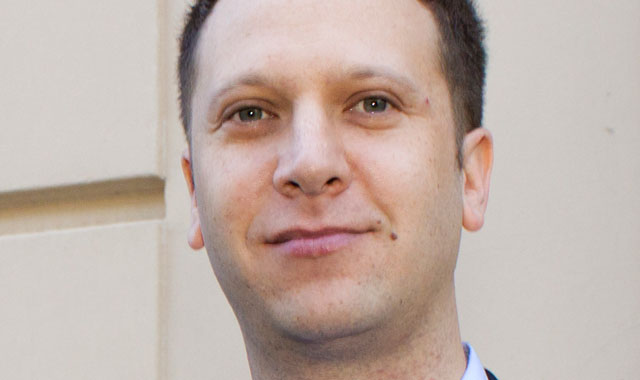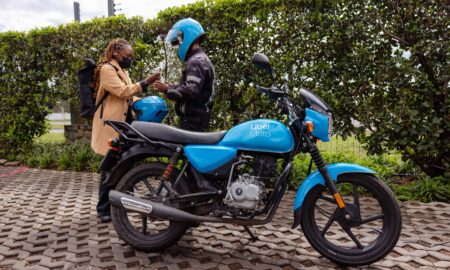
Internet ride-sharing service Uber will switch on a cash payment option in South Africa next week as part of a pilot.
Since launching in South Africa in 2013, Uber has only accepted credit card payments in the country.
However, Uber has experimented with cash payments in countries such as Nigeria, Kenya and Singapore.
And the Internet app plans to accept cash payments with half of all its driver-partners in South Africa, Uber’s head for Sub-Saharan Africa Alon Lits said.
The cash payments option is expected to go live in South Africa on Thursday, May 26, Lits said. Uber says South Africa will be the first country in the world where cash payments will go live across five cities simultaneously — these being Johannesburg, Pretoria, Cape Town, Durban and Port Elizabeth.
“If it goes well, we will obviously scale it up,” Lits said by phone on Friday. “We need to see if it will increase the sign-up flow.”
When Uber enables cash payments in South Africa, the company will prompt users of the app to choose cash or credit card payments, said Lits.
When asked if cash payments could prompt more tips for drivers of the service, Lits he said several users who use credit card payments are already tipping drivers.
Uber’s move to accept cash payments in South Africa comes after the company cut its fares by up to 20% in the country for the winter period.
The move to cut prices has been controversial with several Uber driver-partners and car-owners complaining about longer hours and less earnings.
Uber, though, has previously said that the price-cut is designed to drive up demand and benefit drivers by encouraging passengers to take more trips.
Another controversy that Uber has faced in South Africa is opposition from metered taxi drivers.
Metered taxi drivers took to the streets in Cape Town and Johannesburg last year to complain of unfair competition from Uber.
On Monday, a group of metered taxi drivers clashed with their Uber counterparts as the Gauteng provincial government announced it would formally license the car-hailing app service.
Both the Western Cape and Gauteng provincial governments are allowing Uber drivers to apply for metered taxi permits.
Despite the controversies, demand for Uber has boomed locally as the company said in February that it has moved over 500 000 riders across South Africa since its 2013 launch.




